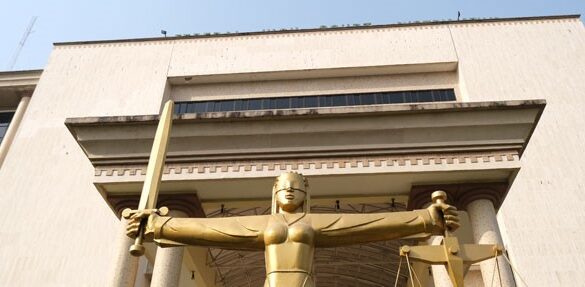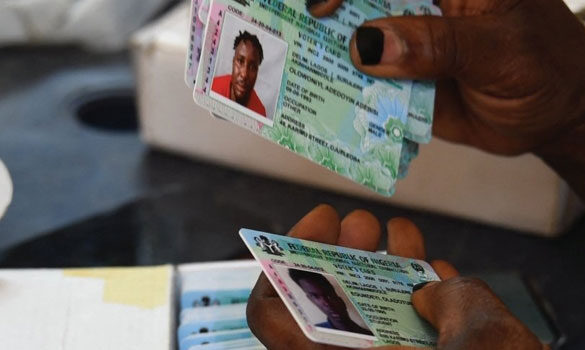The Socio-Economic Rights and Accountability Project (SERAP) has filed a lawsuit against President Muhammadu Buhari over the $23m looted by ex-Head of State, General Sani Abacha.
In suit number FHC/ABJ/CS/1700/2022 filed last Friday at the Federal High Court in Abuja, the group is asking the court to “direct and compel President Buhari and Mr Abubakar Malami to release and widely publish a copy of the agreement on the Abacha loot with the U.S.”
This was disclosed in a statement on Sunday by SERAP Deputy Director Kolawole Oluwadare, who said the Attorney-General of the Federation and Minister of Justice, Abubakar Malami (SAN) is joined in the suit as respondent.
The United States government had in August signed an agreement with the Federal Government to repatriate $23 million Abacha loot to Nigeria. The $23 million is in addition to the $311.7 million Abacha loot repatriated from the U.S. to Nigeria in 2020.
“The Nigerian Constitution 1999 [as amended], the Freedom of Information Act, and the country’s international obligations impose transparency obligations on the Federal Government to widely publish the agreement on the $23 million Abacha loot,” SERAP argued in the suit.
“Publishing a copy of the agreement with the U.S. would allow Nigerians to scrutinise it, and to monitor the spending of the repatriated loot to ensure that the money is not mismanaged, diverted or re-stolen.
“The repatriated $23 million Abacha loot is vulnerable to corruption and mismanagement. A substantial part of the estimated $5 billion returned Abacha loot since 1999 may have been mismanaged, diverted, or re-stolen, and in any case remain unaccounted for.
“Publishing a copy of the agreement would ensure that persons with public responsibilities are answerable to the people for the performance of their duties including the management of repatriated loot.”
The suit filed on behalf of SERAP by its lawyers Kolawole Oluwadare and Ms Atinuke Adejuyigbe, said the Nigerian Constitution, Freedom of Information Act, and the country’s international obligations rest on the principle that citizens should have access to information regarding their government’s activities.
No date has been fixed for the hearing of the suit.




